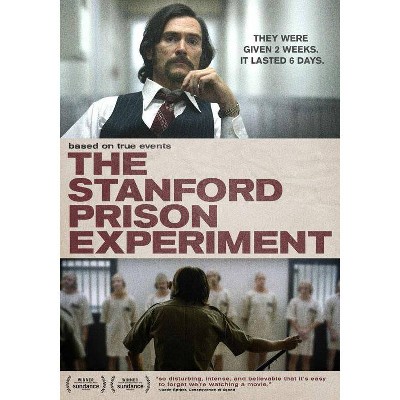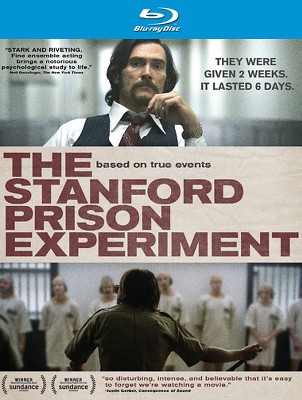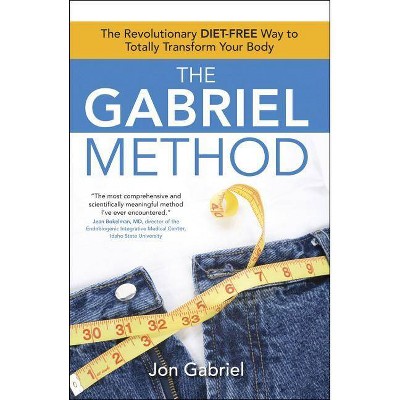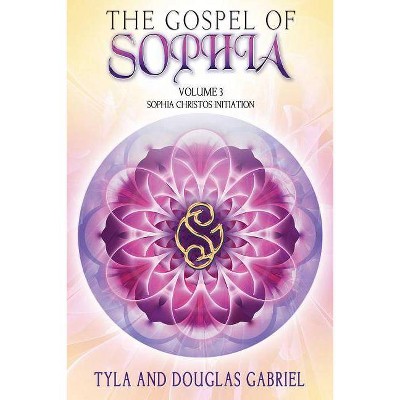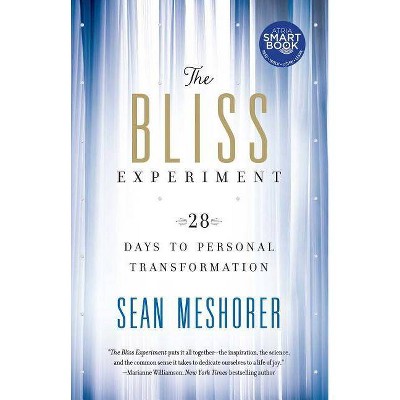The Stanford Prison Experiment - by Gabriel Dischereit (Paperback)
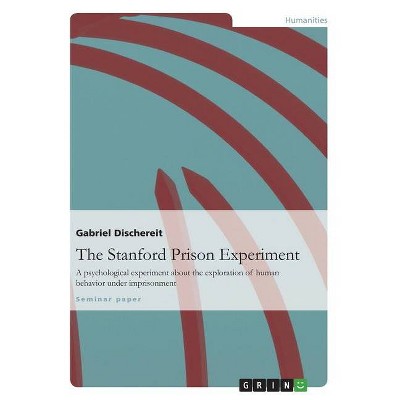
Similar Products
Products of same category from the store
AllProduct info
<p/><br></br><p><b> Book Synopsis </b></p></br></br>Seminar paper from the year 2004 in the subject Sociology - Methodology and Methods, grade: 1,2, Justus-Liebig-University Giessen, language: English, abstract: In the 1970s and '80s, the behavioral researcher and psychologist Prof. Philip Zimbardo tested the effects of extraordinary situations on human subjects. Zimbardo was less concerned with demonstrating the personal situations, developments and psychological case studies of individuals, and rather was searching for universal relationships between external influences and the behavior of the subject. Such influences are to be observed in situations of extreme duress, as illustrated by those in prisons. After World War II there were a multitude of reports from prisoners about their personal experiences, the influences and effects of their respective time in prison. Zimbardo now wanted to observe the effects of prison on a universal level. He thus clearly separated the personal psyche of the individual from the factors that would encroach from the "outside", making them equal to prisoners. The core question Zimbardo was experimenting with was the question of the "good" and "evil" in humans. Would good or evil triumph in individuals who were subjected to extreme stress and were required to resort to violence? What influence does the environment have on this decision? Who is actually responsible for reporting extraordinary violence in prisons? Is it the special characters and individuals gathered within the prison, or must this phenomenon be ascribed to the imposed prison environment?
Price History
Price Archive shows prices from various stores, lets you see history and find the cheapest. There is no actual sale on the website. For all support, inquiry and suggestion messagescommunication@pricearchive.us
